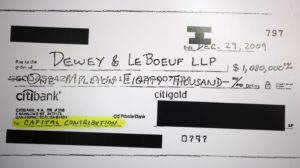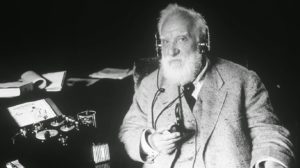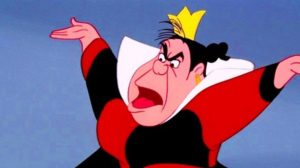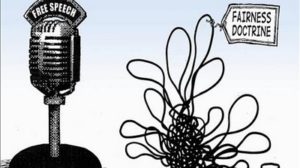When industries are transformed by disruptive new technologies and business models, the law itself can be in for a game-changing, forced makeover.
Business Disruption Begets Legal Disruption


When industries are transformed by disruptive new technologies and business models, the law itself can be in for a game-changing, forced makeover.

Comedy Central’s South Park has opened the door for “fair use” copyright defenses to shut down infringement lawsuits before they saddle defendants with discovery expenses or force a settlement for cost reasons.

One year ago, the Wall Street Journal and other business publications reported that the Federal Trade Commission (FTC) had launched an investigation into “Twitter and the way it deals with the companies building applications and services for its platform.” Let’s hope the FTC’s 2011 Twitter investigation is mothballed in 2012.

Dewey & LeBoeuf is the biggest AmLaw 200 firm to collapse, but its not the only one. Here are 10 other law firm failures that made news in their day.

Disruptive innovation is not new and not unique to high-tech. It’s been around for hundreds of years and serves as a key driver of both economic growth and social evolution.

When Google’s proposed acquisition of Motorola Mobility was announced in 2011, the business press focused mainly on the extension of Google’s core business from Internet search into hardware. But from a legal perspective, the treatment given the deal by competition authorities in the United States, the EU and China raises intriguing questions about the scope and objectives of merger policy in emerging technology markets.

The story of the Telephone Consumer Protection Act of 1991 this year is how the Supreme Court can sometimes see a legal issue so clearly despite confusion and conflicts among the lower federal courts.

Google doesn’t act like a monopolist and shares none of the characteristics sheltering classic monopolists from competition. Its astounding success in Internet search is universally regarded as a consequence of better design, superior code, better products and plain old hard work. Like Lewis Carroll’s other queen, the Queen of Hearts, Google really has no power at all.

The brief on behalf of the Consumer Federation of America to the U.S. Supreme Court on the issue of whether the so-called Red Lion doctrine of First Amendment regulation of broadcasters should be re-examined.

More from the silly lawsuit department. A federal court is being asked to grant constitutional rights to five killer whales that perform at marine parks — an unprecedented and perhaps quixotic legal action that is nonetheless likely to stoke an ongoing, intense debate at America’s law schools over expansion of animal rights.”